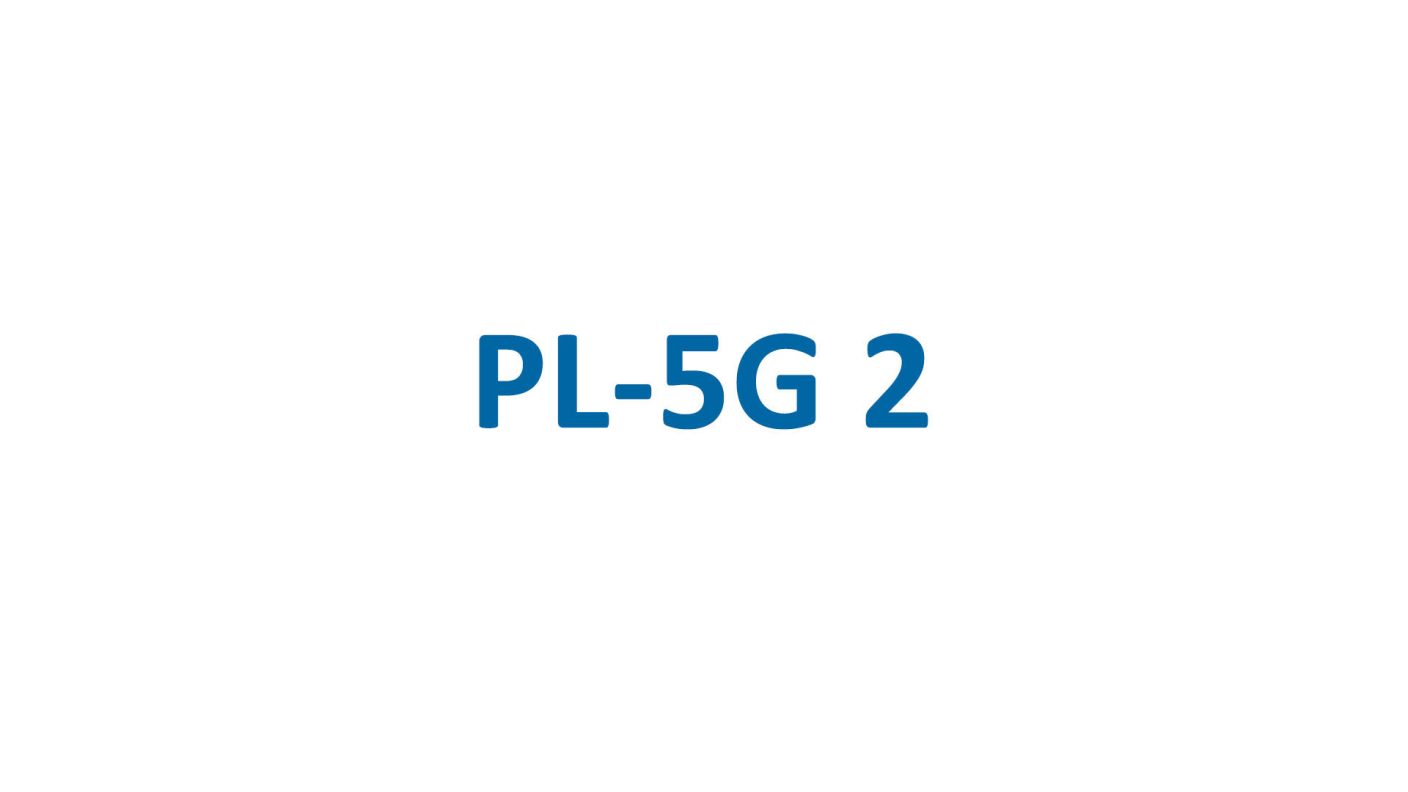
The immediate goal of the PL 5G 2 Project is to build a research infrastructure for practical research on 5G+ and 6G networks and services, as well as ensuring security in these networks.
6G technology represents the next generation of communication networks, which are expected to bring significant advances in the speed of data transfer experienced by users, the system capacity offered, low transmission latency and other aspects. It is planned that 6G will enable data transfer at terabits per second, which is several orders of magnitude faster than the transfer offered by current 5G networks. This will be made possible through the use of technologies such as millimeter waves, satellite broadband, artificial intelligence (AI) and advanced antenna systems.
This is important because of the deployment of 5G/6G solutions in national operator networks, which will significantly enrich the range of Internet services, the competitiveness of the Polish telecommunications industry in the global and European markets, and additionally allow strategic independence from industry-managed solutions. The built infrastructure will be used to test innovative 5G+/6G solutions by various entities, including students, PhD students, research teams, network operators, hardware and software providers, as well as service and application providers.
With the availability of modern research infrastructure, such as that for 5G/6G network research described earlier, there is an opportunity to increase the quality of R&D (Research + Development) results. These results have great commercialization potential, especially in key areas such as health, digitization, food security, climate resilience, green economy or smart mobility. Technological modernity and the ability to conduct research in these areas are essential to achieving these goals.
The use of new technology, in this case 5G+/6G, brings with it a number of security risks. The general concept of security in the context of 6G includes ensuring the protection of data, the privacy of users, the security of networks against cyber-attacks, and ensuring that the development of technology does not lead to violations of privacy and dangers to society. In 6G, special attention is being paid to security issues due to the increased speed and capacity of the network, which may increase the risk of attacks and the potential scale of damage in cyber security incidents. Therefore, it will be important to continuously research, develop and implement security measures in 6G technology with a special focus on newly integrated technologies such as Artificial Intelligence and Machine Learning.
To achieve the full potential of 6G technology and other communications innovations, it will be crucial to ensure closer cooperation between R&D institutions and the business sector. This cooperation is intended not only to exchange knowledge and experience, but also to make effective use of the resources and competencies of both sectors.
Research infrastructure will be located in the Capital City of Warsaw. The province is home to the Warsaw University of Technology, one of the country’s key technical universities, which educates in the fields of information and communication technologies (ICT). In addition to Warsaw University of Technology, the consortium will include the Institute of Bioorganic Chemistry of the Polish Academy of Sciences Poznań Supercomputing and Networking Center and the Stanisław Staszic University of Science and Technology in Cracow.
The overall objectives of the project include:
- Expansion of PL 5G+ research infrastructure:
– establish an expanded research infrastructure, allowing both remote and local access for interested national research teams and companies. - Strengthening research capacity:
– sgnificantly strengthening the competence and capacity of national research teams and companies,
– ensuring intensive cooperation between R&D institutions and the corporate sector. - Increasing cooperation:
– develop cooperation with industrial partners and international research teams in various projects, including those related to 6G technology. - Educational support:
– directing attention to practical research for university research teams and young scientists, educating them in the area of future 6G technologies,
– increasing the quality of engineering education, especially in the context of specializations related to 5G+ networks and services and emerging 6G technologies,
– increasing the number of high-quality, potentially commercial R&D results through the use of modern infrastructure in key areas. - Innovation in 5G and 6G services:
– actively supporting the development of new services and applications in the context of both 5G+ technology and in the perspective of 6G technology. - Implementation of innovations and testing of solutions:
– creating opportunities to implement and test innovative solutions related to 5G+ networks and services, also preparing for testing 6G technology. - Promoting the benefits and limitations of the technology:
– to present both the benefits of 5G+ and 6G technologies, also taking into account the limitations and challenges of its development, especially in the context of security.
Project partners:
- Warsaw University of Technology (PW), leader,
- Institute of Bioorganic Chemistry of the Polish Academy of Sciences (ICB PAN) / Polish Academy of Sciences (PAN), partner,
- Stanislaw Staszic University of Science and Technology in Krakow (AGH), partner.
Program: National Plan for Reconstruction and Increasing Resilience (NIP) / Component A Resilience and Competitiveness of the Economy / Investment A2.4.1 Investments in Expansion of Research Potential.
Funding institution: Information Processing Center – National Research Institute (OPI).
